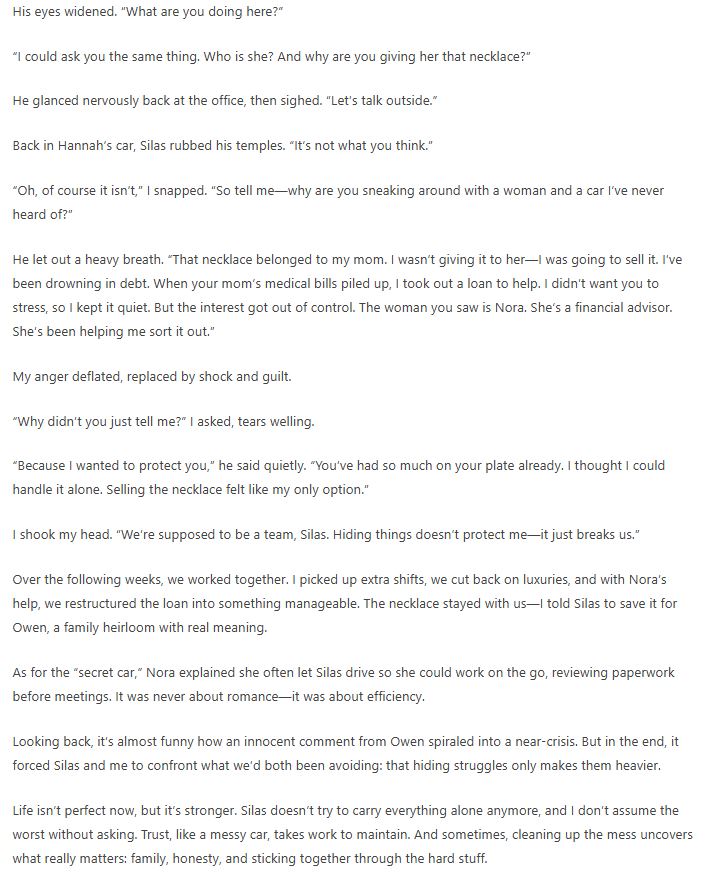In today’s fast-paced, always-connected work environment, stress and burnout have become alarmingly common. Deadlines, heavy workloads, digital overwhelm, and a constant need to perform often lead to emotional and physical exhaustion. While traditional stress management strategies like time blocking, wellness programs, and meditation apps offer support, one factor is proving to be a powerful buffer against workplace stress and burnout: emotional intelligence.
Emotional intelligence (EQ) refers to the ability to recognize, understand, manage, and influence emotions—both in yourself and in others. Unlike IQ, which remains relatively fixed, EQ can be developed over time and has a profound effect on how we navigate challenges, connect with colleagues, and sustain our mental well-being.
Let’s explore how emotional intelligence acts as a critical skill that not only reduces stress and burnout but also transforms workplace culture for the better.



1. Understanding Emotional Triggers Reduces Reactive Stress
One of the cornerstones of emotional intelligence is self-awareness. This means being able to recognize your emotional states as they arise and understand what’s triggering them.
In a high-pressure work setting, minor frustrations—a curt email, a missed deadline, or a tense meeting—can snowball into major stress if unchecked. Emotionally intelligent individuals are better at identifying the root causes of their stress and responding calmly, rather than reacting impulsively.
Instead of thinking, “My manager is micromanaging me again. I can’t take this,” someone with high emotional intelligence might pause and think, “I’m feeling overwhelmed because I value autonomy. Let me have a conversation with my manager about expectations.”
This emotional clarity helps reduce the fight-or-flight response, which is often activated by misinterpreted situations, leading to lower stress levels overall.
2. Improved Communication Builds Supportive Relationships
Workplace relationships are a huge factor in both job satisfaction and mental health. Poor communication often leads to misunderstandings, friction, and feelings of isolation—all major contributors to burnout.
Emotional intelligence enhances interpersonal communication by encouraging empathy, active listening, and thoughtful feedback. When employees feel heard and understood, it creates psychological safety—a vital element in reducing chronic stress.
For instance, a team member who is struggling silently with a project deadline may find relief simply through a manager’s empathetic response: “I can see this is weighing on you. Let’s figure out how to tackle it together.”
These types of emotionally intelligent interactions reduce feelings of helplessness and isolation, both of which are closely tied to burnout.
3. Emotion Regulation Helps Maintain Balance in High-Stress Situations
One of the key aspects of emotional intelligence is the ability to regulate one’s emotions. In a high-stakes workplace, where tempers can flare and pressure can spike quickly, emotional regulation acts as a stabilizing force.
Rather than being overwhelmed by anxiety, frustration, or disappointment, emotionally intelligent individuals are able to acknowledge these emotions without letting them control their behavior.
This doesn’t mean suppressing feelings—it means learning to process them in healthy ways. For example, someone with strong EQ might take a five-minute walk after a heated conversation instead of lashing out or internalizing resentment. They might use techniques like deep breathing, journaling, or speaking with a mentor to decompress.
Over time, these emotionally intelligent habits contribute to emotional resilience and reduce the physical and mental toll that stress can take.
4. Empathy Strengthens Team Collaboration and Reduces Friction
Empathy—the ability to understand and share the feelings of others—is a critical component of emotional intelligence and a powerful tool in stress reduction.
When teams operate with empathy, they’re better at anticipating each other’s needs, responding to struggles, and offering meaningful support. This fosters trust, reduces conflict, and builds camaraderie—all factors that protect against burnout.
Empathetic workplaces are more likely to offer flexibility during personal challenges, respect diverse working styles, and celebrate achievements together. These seemingly small acts create a culture of belonging, which is essential for emotional well-being.
It’s much harder to feel burned out when you’re surrounded by people who genuinely care about your well-being and make an effort to support you.
5. Better Decision-Making Minimizes Chronic Stress
Stress in the workplace often comes from uncertainty and poor decision-making—whether it’s unrealistic project timelines, unclear expectations, or inconsistent management. Emotional intelligence improves decision-making by integrating both logic and emotional awareness.
Leaders with high EQ consider how their choices will affect not just the bottom line, but the people behind the work. They’re more likely to sense when their teams are approaching exhaustion or when certain tasks are misaligned with people’s strengths. As a result, they can make informed adjustments that prevent burnout before it escalates.
Employees with strong emotional intelligence also make better day-to-day decisions about their own work habits, such as when to take a break, when to say no, or when to ask for help—each of which plays a part in reducing stress.
6. Promotes a Growth Mindset, Even in Tough Times
Burnout often stems from a sense of helplessness or the belief that nothing will ever get better. Emotional intelligence fosters a growth mindset—the belief that challenges can be overcome and that failure is an opportunity to learn rather than a sign of inadequacy.
Emotionally intelligent people tend to see workplace challenges as manageable. They don’t beat themselves up when things go wrong; instead, they reflect, recalibrate, and move forward. This optimistic, solutions-oriented approach builds resilience and prevents the kind of emotional fatigue that leads to burnout.
By managing setbacks with composure and confidence, these individuals inspire the same mindset in others, creating a more positive and adaptable work culture.
7. Encourages Work-Life Integration and Boundaries
High EQ also helps individuals set healthy boundaries—a key factor in preventing burnout. People with strong emotional intelligence are more attuned to their limits and more likely to advocate for what they need to stay well.
Whether that means logging off after hours, saying no to non-essential meetings, or taking a mental health day, emotionally intelligent workers are better at protecting their energy.
Managers with high EQ also model and encourage this behavior in their teams, fostering an environment where people don’t feel guilty for taking care of themselves.
Final Thoughts
Workplace stress and burnout aren’t just productivity issues—they’re human issues. And solving them requires more than better tools or stricter schedules. It requires a deeper understanding of how we relate to ourselves and to each other.
That’s where emotional intelligence shines.
By fostering self-awareness, empathy, emotional regulation, and authentic communication, emotional intelligence transforms how we handle stress. It strengthens teams, empowers leaders, and cultivates a workplace where people can truly thrive—not just survive.



